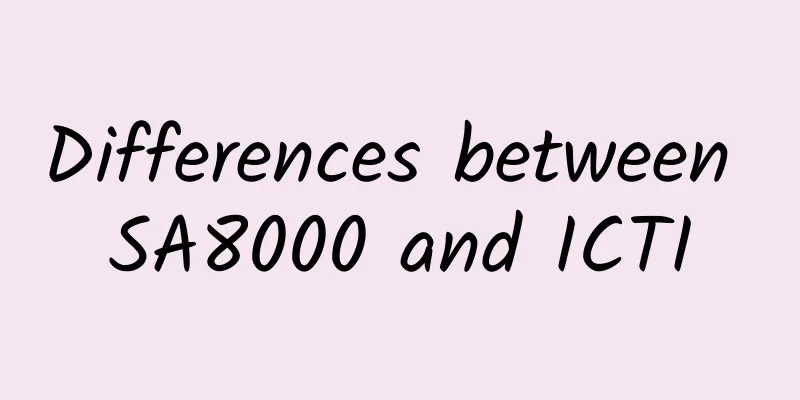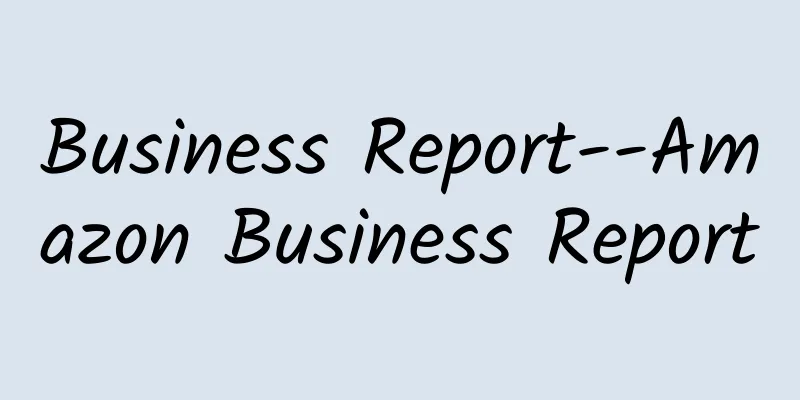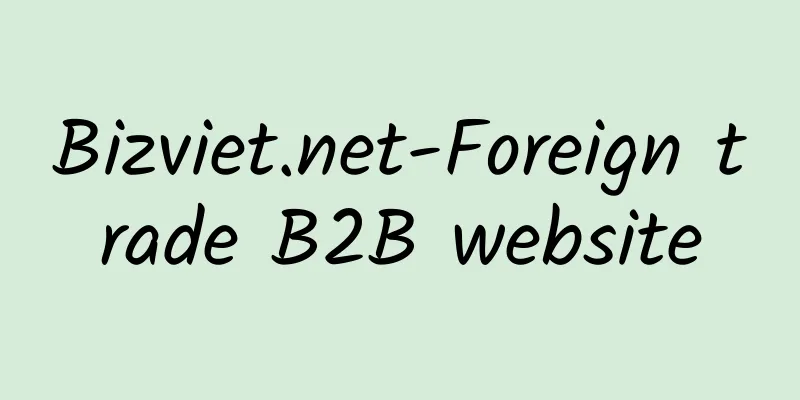Differences between SA8000 and ICTI

|
It can be said that ICTI and SA8000 are the two hot spots in social responsibility certification, but many factories or companies cannot clearly explain the difference between the two. To sum it up in one sentence, the biggest difference between them is that ICTI focuses on actual operations and results, while SA8000, in addition to achieving ordinary factory inspection results, also requires a complete set of control procedures close to ISO. The following is a brief introduction to their different focuses: SA80000: ICTI: |
<<: GSV C-TPAT Overseas Factory Security Recommendations
>>: BSCI factory audit electricity safety issues and solutions
Recommend
What is Newegg? What are the requirements for Newegg sellers?
What is Newegg? Newegg.com was founded in 2001 an...
BingaBinga--Shopping platform for middle and high-end people in Europe
BingaBinga is a shopping platform for middle and ...
Purpose of social responsibility management system audit
When conducting a social responsibility managemen...
Shanghai Chaowang Anti-Counterfeiting Statement
Dear Customer: Recently, some people have used ou...
HM factory audit procedures
HM factory audit procedures Page 1 of 1 Hallmark ...
What is the US DOE? What products does the US DOE regulate?
What is the US DOE? DoE is the energy efficiency ...
Adidas sports shoes have rips and wrinkles, and after-sales service is annoying
Huicong.com reported on April 15 that Li Yaocheng...
How is Changshun Logistics? What services does Changshun Logistics provide?
How about Changshun Logistics? Guangzhou Changshu...
ICTI factory inspection hot work management procedure document
1. ICTI Factory Audit Hot Work Management Procedu...
BSCI factory audit standards
1. BSCI in Part B5 is about underage workers and ...
Gift Options—Personalized gift packaging service
What are GiftOptions? Gift Options includes Gift ...
Mattel factory inspection on-site guidance and training
Mattel factory inspection on-site guidance and tr...
Importance of HACCP Certification
In the food production process, the early detect...
How to create a hot-selling product on eBay? What are the ideas?
In the early spring of 2020, many eBay sellers we...
How to bind eBay account with PayPal account
Welcome to the small classroom. Today I will shar...









